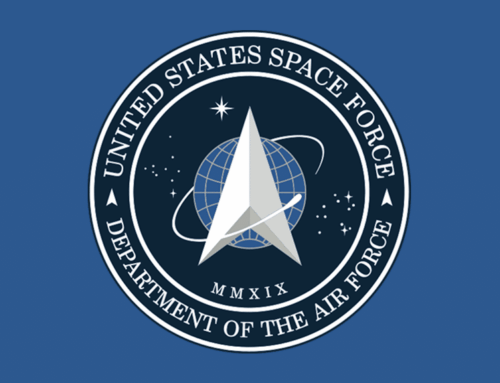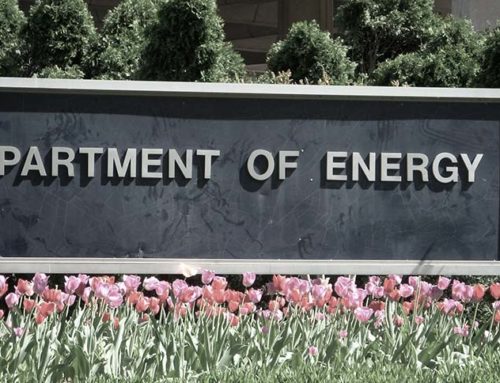Today Taxpayers for Common Sense joined a diverse coalition asking the Chairman of the Senate Armed Services Committee to open all aspects of his committee’s consideration of the Pentagon spending bill to public scrutiny. This letter to Senator Carl Levin and Ranking Member of the Committee Senator James Inhofe explains our views on this important issue.
|
March 20, 2014
Chairman Carl Levin and Ranking Member James Inhofe Senate Armed Services Committee United States Senate 228 Russell Senate Office Building Washington, DC 20510
Dear Chairman Levin and Ranking Member Inhofe: We urge you to open up the process for considering the National Defense Authorization Act (NDAA) this year. Last year, your committee drafted and voted on this bill—authorizing more than $625 billion in Pentagon spending—almost entirely in secret. We know that you are aware of the great frustration expressed by many of your Senate colleagues who did not have an opportunity to amend the bill on the floor last year. Given the size and scope of this important legislation, it is unacceptable for the vast majority of senators to have to vote on a bill compiled almost entirely behind closed doors, with very little chance for public input. The NDAA is the single largest authorization bill that Congress passes, making the stakes for taxpayers very high. And yet, your Committee does not disclose the bill it will vote on in advance and then closes the markup of the bill to the public. It’s time to bring the NDAA into the light of day. All congressional proceedings should be conducted in accordance with our country’s highest principles of transparency and openness. Certainly, there are special exceptions when a committee can and should move to closed session to consider classified information, but this step should be taken only as needed and as infrequently as possible. Notably, the House Armed Services Committee (HASC) did not close last year’s markup of the NDAA for national security reasons, at all. How can the same bill considered publicly in the House require secrecy in the Senate? We ask you to make your committee’s consideration of this critical bill at least as transparent as the HASC does, by:
We appreciate that last year SASC held hearings and votes on one portion of the NDAA in open session. The debate on the sexual assault epidemic in the military was an important, thoughtful deliberation of different reform proposals. It is a model for what your committee could and should do on other policies and spending provisions in the bill. In addition, three SASC subcommittees held open markups of the NDAA last year (though the bills they voted upon were not made public in advance). As you know, an open markup will not prevent private deliberation on the bill between senators and staff—as well as with outside interests—it simply gives the public greater opportunity to participate. Chairman Levin, since you plan to make this your last year in the Senate—we hope you will choose to leave a legacy of openness. We would be pleased to discuss this with you or your staff. Please contact Angela Canterbury, Director of Public Policy at the Project On Government Oversight, at 202-347-1122 or acanterbury@pogo.org.
Sincerely,
|










